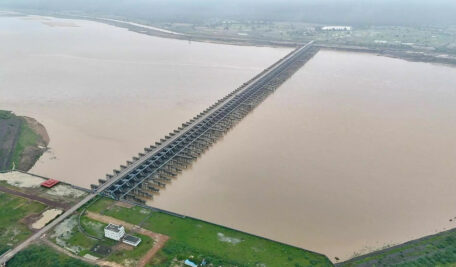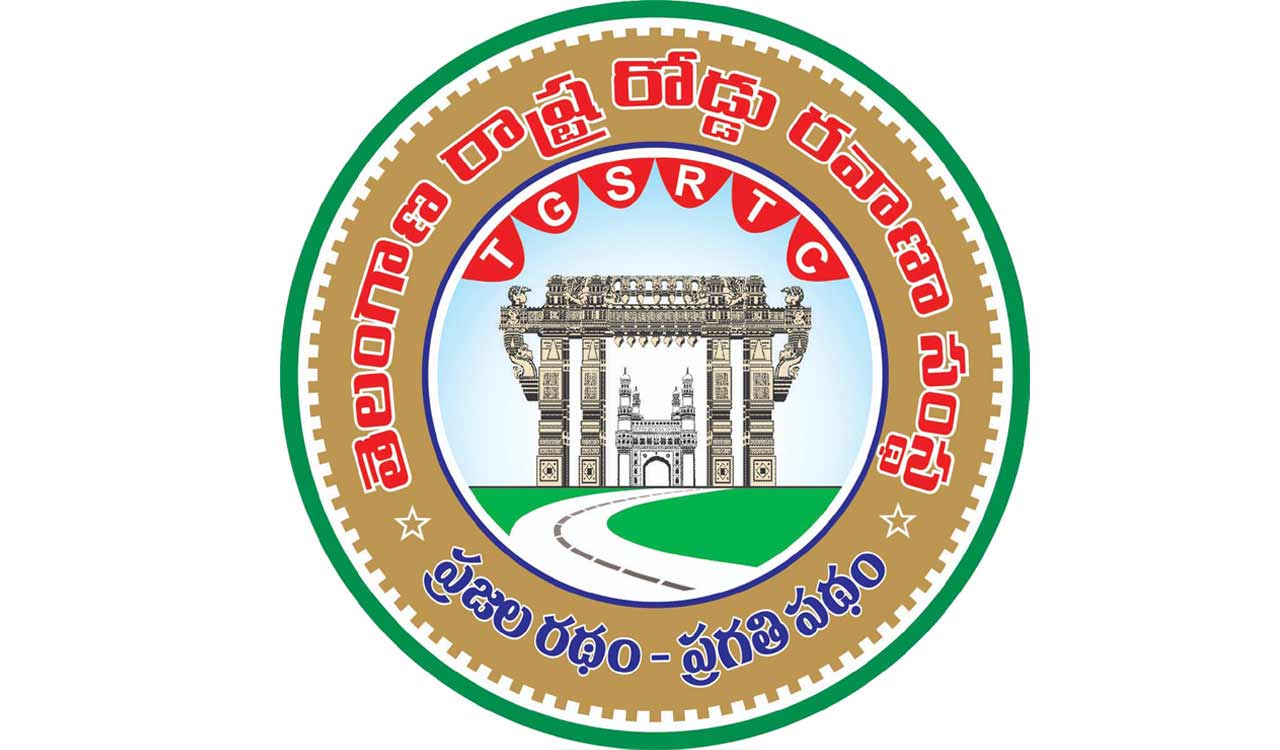Inchampalli as Godavari water diversion point to spell doom for Medigadda, warn experts
The Congress government’s backing of Inchampalli Dam as the Godavari diversion point has triggered concerns in Telangana. Farmers, experts and opposition parties fear the move could submerge Medigadda, cripple the Kaleshwaram project and jeopardise the State’s water security

Hyderabad: The Congress government’s endorsement of the Inchampalli Dam as the point for diversion of Godavari waters as part of the river linking project has triggered concerns among farmers, irrigation experts and opposition parties. It is feared that the endorsement would spell doom for the State’s water security and render key components of the Kaleshwaram Lift Irrigation Project (KLIP) obsolete.
Critics, particularly leaders from the Bharat Rashtra Samithi (BRS), allege that Chief Minister A Revanth Reddy’s support for diverting 174 TMC (thousand million cubic feet) of Godavari water to Tamil Nadu’s Cauvery basin prioritises political motives over Telangana’s agricultural interests, threatening the Medigadda, Annaram, Sundilla and other downstream irrigation projects.
Also Read
The Medigadda Barrage has deliberately been kept non-functional since October 2023, when two piers sank due to structural issues. Despite demands for repairs, the State government has cited delays in the National Dam Safety Authority (NDSA) report, leaving lakhs of farmers without irrigation water for two Yasangi seasons.
This year, 7.5 lakh acres under the Sriram Sagar Project remained unirrigated so far due to low inflows, with hundreds of TMCs of Pranahita waters flowing downstream unutilised. The government’s inaction, coupled with its push for the Inchampalli Dam, has fuelled accusations of a deliberate conspiracy to undermine Telangana’s irrigation infrastructure.
Key impacts on Telangana’s projects, water interests
The proposed Inchampalli Dam, located 12 kilometres downstream of Medigadda, will have a Full Reservoir Level (FRL) of 87 metres and a bed level of 72.5 metres. This would submerge the Medigadda Barrage (FRL 100 metres, bed level 80 metres). Prolonged submersion would cause structural collapse, rendering Medigadda inoperable and crippling the KLIP’s ability to lift Pranahita waters for irrigation across northern Telangana.
Impact on Annaram and Sundilla barrages
The KLIP relies on Medigadda barrage to lift water to upstream Annaram and Sundilla barrages, which feed reservoirs like Yellampalli, thus catering to the irrigation, industrial and drinking water needs under a vast network of reservoirs integrated with the KLIP. If Medigadda is submerged, these barrages and their associated pump houses will become redundant, as they depend on Medigadda’s water-lifting capacity.
This would nullify the KLIP’s goal of irrigating millions of acres, leaving farmers in districts like Karimnagar and Warangal without reliable water supply. Inchampalli Dam’s water diversion would also jeopardise downstream projects like Devadula, Sitarama and Dummugudem. The Sammakka barrage (FRL 83 m, bed level 63 m), located downstream of Inchampalli, would face submersion, further limiting water availability for these projects.
Experts warn that Tamil Nadu’s potential legal claims to Godavari waters could mirror the dispute over Babli project waters with Maharashtra. It could restrict inflows to Telangana’s irrigation systems. The claim of surplus Godavari water lacks scientific backing, as the National Water Development Agency (NWDA) has not conducted an assessment.
Telangana is entitled to 966 TMC of Godavari water under the Bachawat Tribunal, but diverting 174 TMC from Godavari could reduce the State’s share, especially during non-flood seasons when inflows are limited. This risks creating another “Babli-like” crisis, where upstream diversions choke Telangana’s water supply.
The Inchampalli project, endorsed by Revanth Reddy to align with the Central government’s river-linking agenda, serves no tangible benefit for Telangana. Raising Inchampalli’s FRL to 100 metres to support KLIP operations would cause considerable environmental damage and displacement in Telangana, while the State gains little from the Godavari-Cauvery link.
Related News
-
Khammam BRS demands State Govt to release white paper on Bhoodan lands
40 seconds ago -
Kyathanpalli protests: BRS leader Balka Suman gets bail
3 mins ago -
Drinking water crisis stares at 200 habitations in KB Asifabad, Adilabad
10 mins ago -
PRTU urges Centre to bring back teachers stranded in Dubai
15 mins ago -
Tiffin centre owner arrested for duping public in the name of sand mining business in Mancherial
30 mins ago -
Greater flamingos return to Singur reservoir after four years as water levels recede
31 mins ago -
Chandrababu Naidu directs officials to help stranded Telugus
39 mins ago -
Congress has no money for guarantees but has Rs.1,000 crore for National Herald case, says BJP chief
48 mins ago




